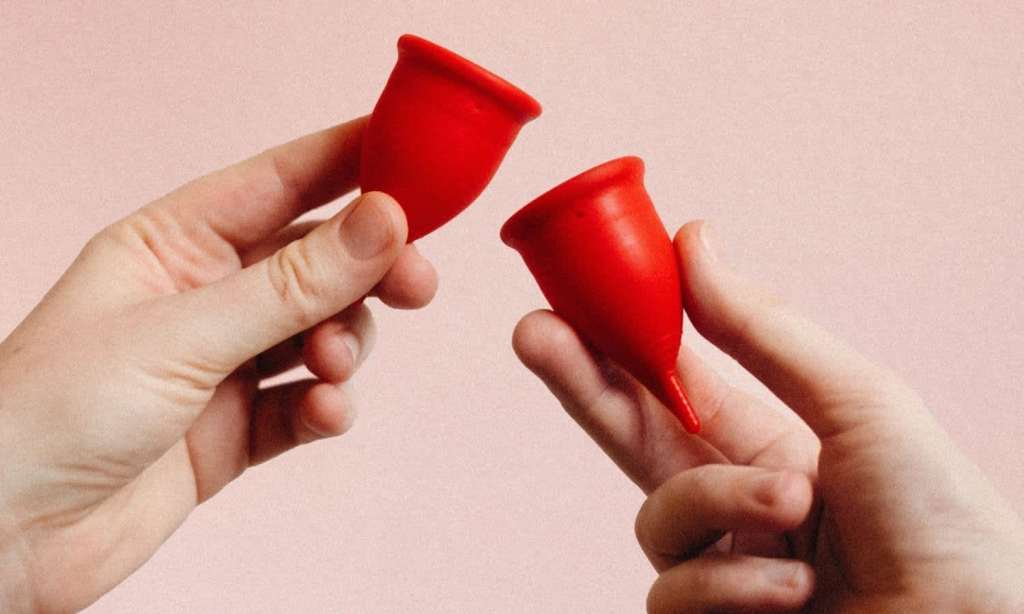Surfing the crimson wave. Shark week. A visit from Aunt Flo. Period. Menstruation. We’ve all got a name for it.
And as anyone who menstruates/surfs the crimson wave/has a period knows, there’s a lot of ways to know when it’s coming.
Sometimes you can just feel it starting, accompanied with the thought: “Whoomp, there it is.” Cramps and mood swings are a sign, as are breakouts. Breast tenderness is another, and that’s the one that lets me know that in a week’s time my period will be making her monthly visit.
Those signs? They’re actually symptoms for premenstrual syndrome or the good ol’ abbreviation we all know: PMS. The majority of people who menstruate suffer PMS mildly, around 75%; severe symptoms occur in 20-30% of people.
The next step after severe? Seriously debilitating. This is sometimes known as premenstrual dysphoric disorder (PMDD) which 3-8% of people who menstruate suffer from. The symptoms may have a serious impact on a person’s mental health; so severe that one is unable to carry out their normal activities. Diagnosis isn’t easy, it takes an average of 12 years to receive it.
And then – yes there’s one more – there’s Premenstrual Exacerbation, or PME. This one isn’t dissimilar to PMDD. But PMDD is the onset of new symptoms. Whereas, with PME, the symptoms of another disorder, like major depressive disorder or generalised anxiety disorder, worsen in the one to two-week lead-up to a period.
Along with aching breasts, my depression taking a significant dip is another sign of my period coming. This phenomenon is understudied (what a surprise), but is thought to be due to complex interactions between the immune and neuroendocrine systems.
I won’t lie to you, I’m yet to be formally diagnosed with this – Google is my doctor at this point. But recently, I had to be tested for bipolar type II due to the cyclical nature my depression takes on – it was ruled out, but what if there’s another explanation? What if this is the explanation? Don’t worry, I will be taking this to the medical professionals in my life.
So if you have depression or anxiety, or one of the other help conditions mentioned here, and find that it worsens in the lead up to your period – maybe it’s PME. The International Association for Premenstrual Disorders has a self-screen test on their website, that you can try out here.







